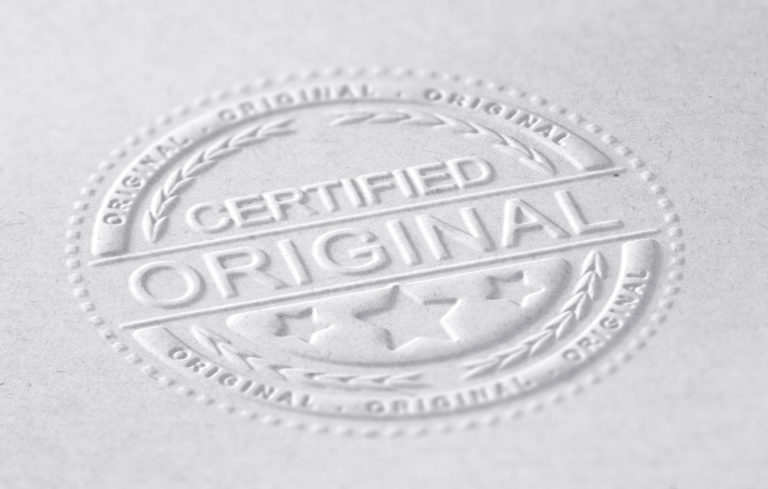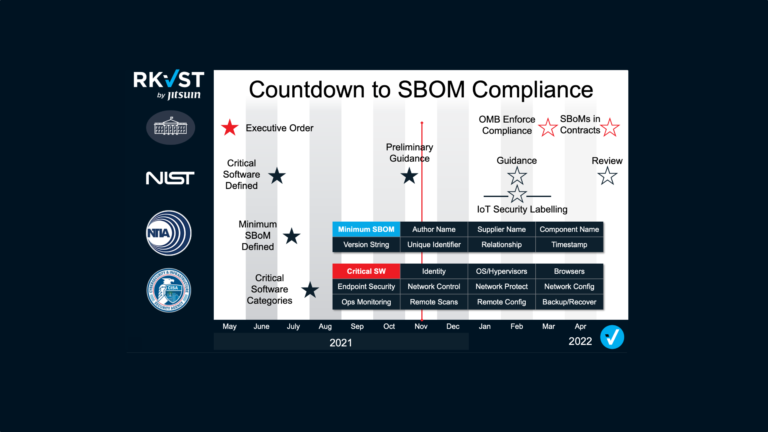The UK Police reported a move toward a greater use of electronic signatures saved approximately 25,000 work hours per year.
How much could you save?
Speaking to people on our neighbouring booths at the UK nuclear decommissioning event, it was clear to see the entire industry is drowning in paperwork. The nuclear industry is heavily regulated for very good reasons: practically everything must be fully documented – even the smallest metal components such as pipe support brackets in a nuclear power station – with reams of paperwork associated with each item that says who designed it to what spec, what material batch it was made from, who welded it, inspected, painted etc… and each component have a piece of pink paper with illegible ink scribbles follow its journey through the supply chain. But the problem with paper is it can go missing, get damaged or be filed in such a safe place that it is practically irretrievable several years later!
All this is because of the premium placed on wet signatures. But what are they and why are they so important?
Adobe’s article https://www.adobe.com/sign/esignature-resources/wet-signature.html notes the following of wet signatures:
In the US, a notary public generally requires a wet signature to verify a signer’s identity, and that by placing it on the document, the signature demonstrates their intent to consent to its contents.
Adobe
Just to be clear what this means: a scribble of ink on a piece of paper simultaneously represents the identity of the signer, a stamp of authenticity, and an irrefutable mark of intent. If trust is placed in a notarization process then the signature is only as trustworthy as the notary, assuming they correctly performed an identity verification and established authority to sign.
But what about wet signatures that aren’t witnessed by a notary? Can an illegible pen mark on paper really be relied upon by others, several years later when people have moved on? Did the signature really capture identity, intent and authenticity? Is it authoritative?
The move to digital should not be about replacing paper processes with virtual paperwork – even though that’s good for the environment – it misses enormous opportunities for driving efficiency.
Digital technologies exist that can capture and notarize witness statements or evidence in a far better way:
- Capturing the digital identity of the authorized proclaimer
- The digital identity of the authenticated witness
- Permanently timestamping the event
- Attaching rich evidence: files, images, videos, screenshots.
- Making an irrefutable, indelible record that is instantly shareable
- Readily integrating through APIS to multi-party automated workflows
- Linking the physical to digital with RFID or QR codes
What going fully digital would mean for our metalworking neighbours is that they could choose whatever tools they want to track items throughout their design and manufacturing processes, automatically storing necessary evidence and immediately sending it to those who need to know, both within the organisation and beyond its boundaries. Design artefacts, quality inspections, sign-offs, parts bin locations and shipping information could all be added to a continuously verifiable full history of each asset.
Imagine how much faster, more efficient the business would run when those who need to know can instantly find out who did what when.
It shouldn’t take too much imagination… the Adobe page also describes that taking witness statements is one of the daily tasks of police work, and the UK Police reported a move toward greater use of electronic signatures saved approximately 25,000 work hours per year.
The evidence is clear: Digital stands up in a court of law
Digital signatures have been legal – even preferred in some settings – for many years. Indeed our CTO, Jon Geater, was quoted on this by the BBC several years ago. Tools and technology to replace slow, manual, faulty signature processes only continue to improve.
“I’d rather not spend precious time on administration. There is no value in that.”
Anna Piperal, managing director of e-Estonia Showroom at Enterprise Estonia via BBC
Pen and ink cost more than you think, and if an electronic process is good enough to stand up in a court of law, isn’t it time we hung wet signatures out to dry?






